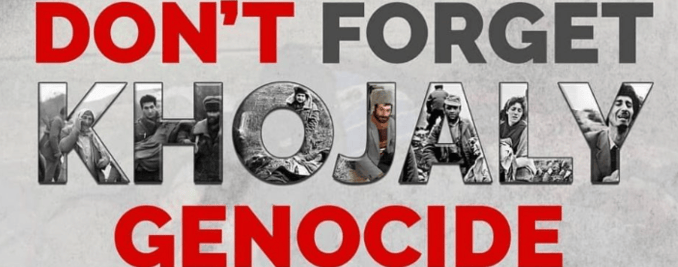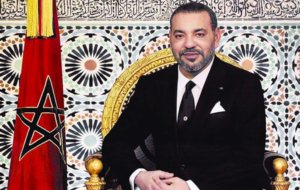Morocco Asserts Global Football Ambitions as It Hosts Historic World Football Summit

Ben Guerir, The Gulf Observer: Morocco is staking its claim as a rising force in global football, hosting the first-ever World Football Summit (WFS) on African soil in partnership with Evosport. Held at the cutting-edge Mohammed VI Polytechnic University, the landmark event welcomed over 1,000 delegates from 47 countries, marking a milestone moment in the nation’s bold sporting and diplomatic agenda.
Beyond the panels and press moments, the summit served as a stage for Morocco to showcase its world-class infrastructure, growing influence, and long-term vision for development through sport.
“Football is more than 90 minutes,” declared Fouzi Lekjaa, President of the Moroccan Football Federation, during the opening remarks. “It embodies values of inclusion, unity, and social cohesion. That’s why we’re here – to celebrate football as a global force for good.”
With the 2030 FIFA World Cup on the horizon – which Morocco will co-host with Spain and Portugal – the summit underscored the country’s deeper ambitions.
“This is not a bid of convenience,” Lekjaa stressed. “It’s about legacy, unity, and a shared future.” The 2030 tournament will be the first in history to span two continents, commemorating the centenary of the World Cup.
Morocco envisions the event not only as a sporting spectacle but also a platform to empower youth, drive development, and foster intercultural dialogue – positioning the country as a bridge between Africa and Europe.
Coaching Confidence and Continental Pride
National team coach Walid Regragui, who steered Morocco to a historic World Cup semi-final in Qatar, echoed this sentiment, praising the nation’s strategic investment in talent development.
“That achievement wasn’t luck – it was planning,” he said. “Four or five players came from the Mohammed VI Academy. That shows what can happen when we invest in our youth.”
Regragui also called for greater trust in African coaches and sports administrators.
“There’s still this belief that foreign coaches are better. But Qatar proved otherwise.”
His comments struck a chord with international attendees, including Spanish Ambassador to Morocco Enrique Ojeda Vila, who highlighted the wider socio-political impact of the summit.
“This is about more than football – it’s about connecting nations, sharing infrastructure, and building relationships,” he told Morocco World News.
Showcasing Infrastructure and Intent
From new stadiums and elite training centres to bustling youth academies, Morocco’s football infrastructure is rapidly expanding. This month, it will host the U17 Africa Cup of Nations, and later this year, the FIFA U17 Women’s World Cup – all part of a packed sporting calendar.
Jan Alessie, co-founder of the World Football Summit, called Morocco “a natural choice” to host the event.
“The footballing tradition here is incredible, and the passion of the fans – unmatched. We all saw that in Qatar.”
Ismail Lyoubi, Head of Evosport at UM6P, affirmed that Morocco’s leadership in sport is no longer aspirational – it’s demonstrable.
“Morocco has earned its place through tangible achievements. We are ready to foster global partnerships and drive meaningful change.”
Building a Lasting Legacy
From the summit’s high-level discussions to its grassroots impact, the message was clear: Morocco is building more than a tournament – it’s building a future.
As Regragui summed it up,
“This World Cup was confirmation that if you build properly, you can compete with the very best.”



